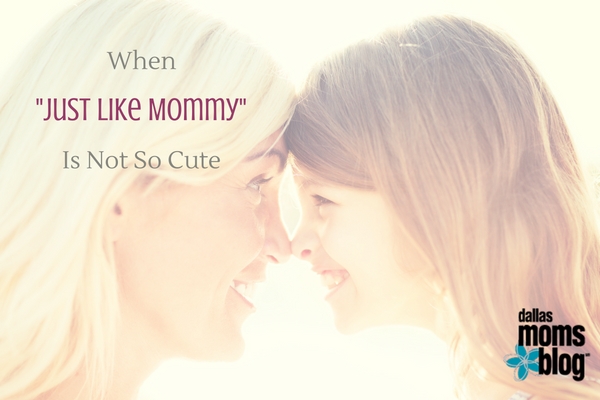
A few months ago, it became apparent to me that my five-year-old son was lacking gratitude in a big way. For example, one afternoon we were having a conversation about the time my tire went flat when he and his Daddy were driving my car and they put on the spare and drove it to the tire store to fix it for me. “I’m a lucky lady,” I told him. “But when will I be lucky?” he asked, a pout across his face, “My {ride-on kid} tractor tires nevvvver pop.” Clearly, I was doing something wrong here. It takes a special kind of negativity to get that take-away from that story.
After several less endearing moments that highlighted this lack of gratitude, I broke down and ordered a book about raising grateful kids. When it arrived, I sat down ready to receive the secret to my child’s current ugliest fault. But as I wrapped up chapter two, I felt irritated. Two whole chapters in and she hasn’t even touched on how to deal with my child’s gratitude issues. All she’s talking about is how I need to practice gratitude. My gratitude isn’t the issue here. When I glanced at the table of contents and realized she had two more chapters on modeling gratitude before she got to the “real” help, I put the book down and walked away. Later, I tuned into a podcast and Heather McFadyen, the host of God Centered Mom, slips in this little comment, “Kids will do what you do more than they will do what you say.” Ugh. I hate when parenting convicts me like that.
All I have to do is watch the way my son talks to his 18-month-old little sister to know how true that is. When he says the exact phrases in the exact tones to her that I use with him, my heart hurts. Or worse, when he talks to his Dad in the same nagging tone he’s observed from me, “Daddy, why would you put my backpack there? Don’t you know it goes in the cabinet. We’ve been putting it in the cabinet all year. Gah!”
Looking at your child and seeing your eyes in theirs or your laugh can be the most soul-satisfying experience. And when they are sweet little angels, mama pride runs high. But motherhood also amplifies your flaws. If you’ve avoided dealing with your own issues, motherhood doesn’t make them go away, it magnifies them. And the parts of you that you want to hide or wish away will now morph into a walking, talking, unfiltered reflection of you.
When we see our own flaws being played out by our little understudies, it’s when our tempers tend to flair up the most. Our insecurities get triggered. But in those moments, instead of flying off the handle, I’m trying to grow with my children, because I want better for them, and because it’s never too late for me. So when I see him talking to his sister the way I’ve talked to him, I’m trying out conversations like this. “The way you’re talking to your sister is the way I talk to you. And you have helped me to see that sometimes mommies words can be very hurtful. Let’s both work together to not speak so negatively to each other, okay?”
And yes, I’m working on my own lack of gratitude. It was there and I didn’t even know it until I saw it in my son. Motherhood is a real treat like that.
The greatest gift we can give our kids is to seek to heal our own wounds, address our own issues, and become the healthiest, kindest version of ourselves, and to let them into our healing and growing process. The wonderful thing about children is that they are the most forgiving, grace-giving little loves on the planet, especially to their mama. And they are pliable. Damage we may have done already can be undone. Books, accountability partners, podcasts, counseling…whatever you need to heal, just go for it! You’ll never regret investing in you.














Rachel – such a wonderful thought-filled story. I recently had a similar experience with my grandson Ryan and you have given me much to consider. Thank you for sharing!
Active grandparents are such a gift! Thank you for taking a minute to share how my parenting struggles have touched you.